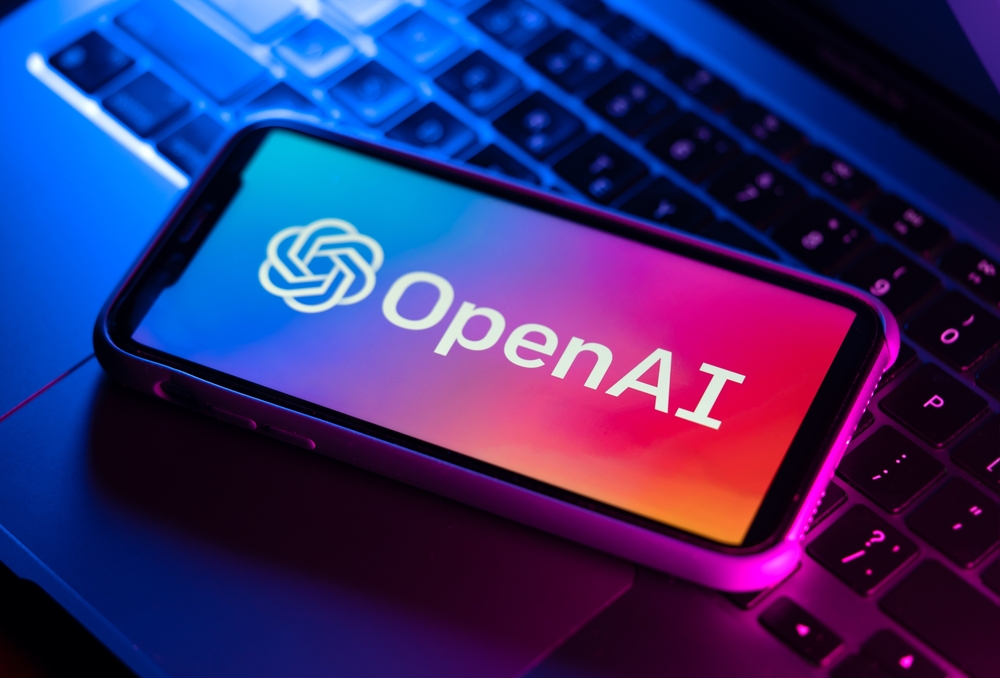OpenAI, under the leadership of CEO Sam Altman, has agreed to purchase $51 million worth of AI chips from a startup named Rain AI, in which Altman has also made a personal investment.
Rain AI, a San Francisco-based firm, is researching neuromorphic processing units (NPUs) designed to mimic the human brain.
OpenAI’s agreement to purchase its chips was solidified in 2019 with a nonbinding agreement. Rain has since disclosed that Altman personally invested over $1 million in the company.
The deal between OpenAI and Rain highlights the intertwining of Altman’s personal investments with his professional responsibilities. When he was fired from OpenAI, the reasons included not being “candid” with the board, which some say relates to his investment activities.
Altman’s previous role was in the startup incubator Y Combinator, where he brokered deals between entrepreneurs and major corporations. This blurring of roles reportedly contributed to his temporary firing from OpenAI, though that’s not confirmed.
In fact, no one seems to know the true reason Altman was fired, or indeed whether it was a mixture of several factors.
The rush for AI hardware
Aside from cash, GPU chips designed for AI workloads are the industry’s chief currency, and they are far from abundant.
Altman has publicly expressed concerns about the severe shortage and high costs of AI chips, hence why he’s keen on striking deals.
Neuromorphic chips, like those designed by Rain, promise ultra-efficient, ultra-low-power operation, vital for overcoming the bottlenecks associated with heavyweight chips manufactured by Nvidia, AMD, etc. Rain AI is allegedly close to releasing a test chip in the near future.
Other companies have already successfully built and tested NPUs, including IBM.
Rain AI has recently undergone leadership changes and investor reshuffling. This was partly due to a US government interagency body mandating the divestment of Saudi Arabia-affiliated fund Prosperity7 Ventures’ stake in Rain.
Prosperity7 led a $25 million fundraising effort for Rain in early 2022. The divestment, initially reported by Bloomberg and confirmed in documents, adds obstacles to Rain’s journey in bringing novel chip technology to market.
Rain’s founding CEO, Gordon Wilson, transitioned to an executive advisor role, and William Passo, a former attorney, stepped up as CEO. In a LinkedIn post, Wilson expressed his ongoing commitment to Rain, stating, “Rain is poised to build a product that will define new AI chip markets and massively disrupt existing ones.”
Rain’s chips, based on the RISC-V open-source architecture, primarily target edge and portable devices like phones, drones, cars, IoT, and robots. Since these chips are small and energy-efficient, they’re ideal for mobile devices.
The specific use of Rain’s chips by OpenAI remains undisclosed, but we will soon find out.





